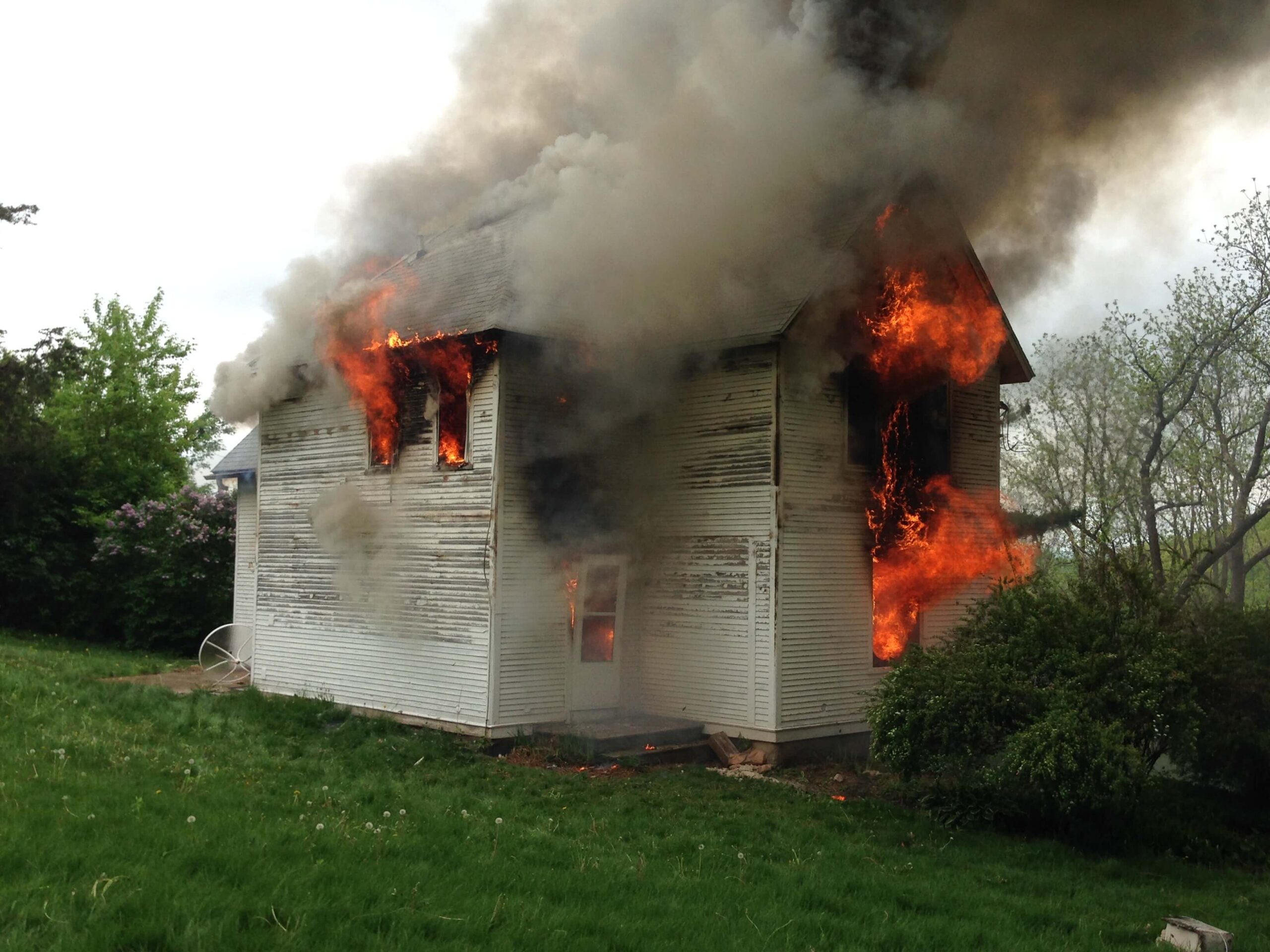Fire Prevention Week* began Monday and runs through Oct. 10. This week is the perfect opportunity to learn more about fires and what we can do to stop them before they start.
Did you know …
- 27 percent of homes in which a fire occurred did not have smoke detectors present? And in cases where a death occurred due to fire, that number jumps to 38 percent?
- In 2009-2013, smoke alarms sounded in more than half (53 percent) of the home fires reported to U.S. fire departments?
- Hardwired smoke alarms operated 94% of the time, and battery-operated alarms went off in four out of five (80%) fires?
- U.S. fire departments responded to nearly 1.3 million fires in 2014? These fires resulted in 3,275 civilian fire fatalities, 15,775 civilian fire injuries and an estimated $11.6 billion in direct property loss.
- There was a civilian fire death every 2 hours and 41 minutes, and a civilian fire injury every 33 minutes in 2014?
- Home fires caused 2,745, or 84 percent, of the civilian fire deaths?

While these statistics show that there’s still a long way to go in preventing fires and fire fatalities, there’s good news: Over the last 40 years, fires and fire deaths are on a steady downward trend. And with advances in technology, such as OneEvent Technologies’ patented solution, homes and businesses will become much safer, alerting occupants and first responders BEFORE property loss and tragedy occur.
Much of the time, good and simple common sense can prevent many fires. Keep these tips in mind:
- Test smoke alarms weekly, and keep extra batteries on hand if smoke alarms are not hardwired.
- Dispose of cigarette butts in a proper place, such as an ashtray.
- Keep the grill a good distance from the home. Monitor coals after grilling, and make sure they’re completely cooled before disposing of them.
- Stay focused when cooking or baking. Distractions can take you away from a hot oven just long enough for a fire to begin.
- Supervise children and teenagers when they’re cooking.
- Keep the dryer vent clean.
- Change the furnace filter regularly, and have the furnace inspected annually.
- Keep a 3-foot “safe zone” of space around fireplaces and space heaters.
*All statistics courtesy of NFPA (National Fire Protection Association)

